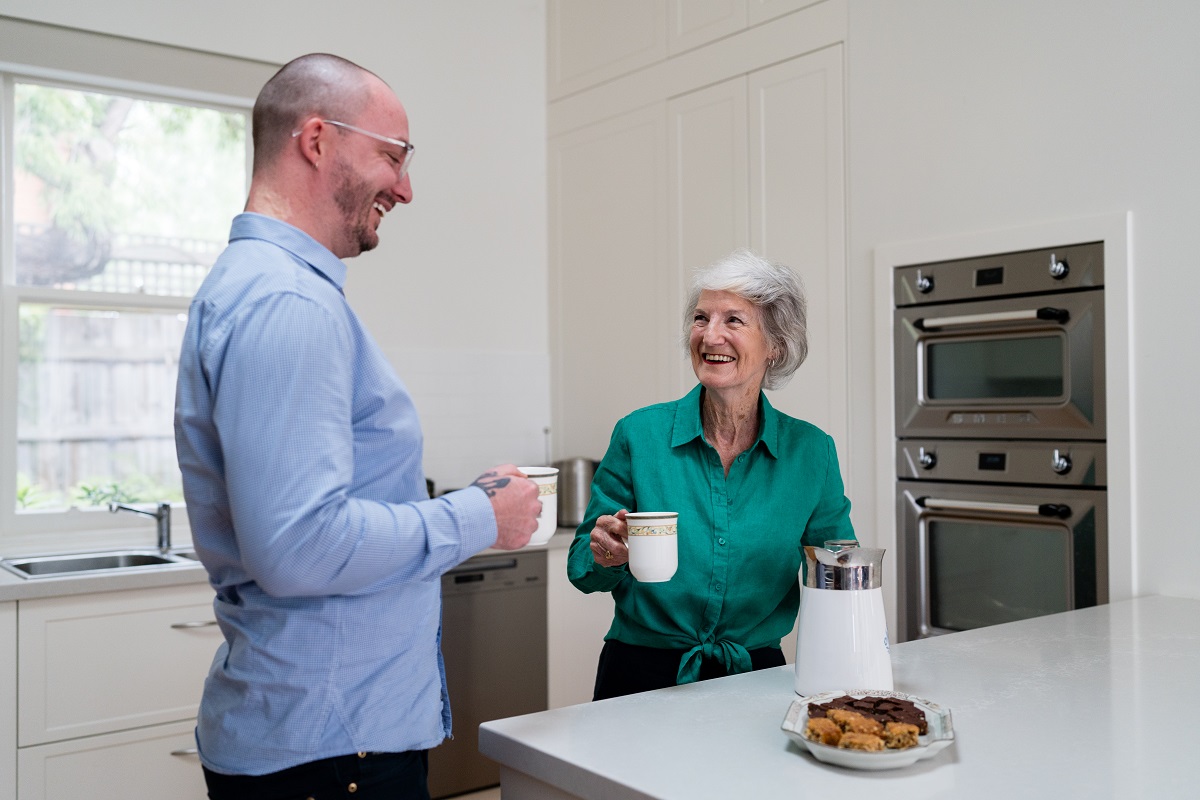How to combat loneliness and social isolation
Published on 26 June 2024

Loneliness does not discriminate; no matter your age, feelings of loneliness can affect anyone. When experienced in later life, loneliness and social isolation can have very serious consequences on both physical and mental health. As such, it’s important to take steps to help yourself and your loved ones to get support in their community.
The difference between loneliness and social isolation
While these two terms are sometimes used interchangeably, they are not the same thing. Loneliness is a subjective state, where a person doesn’t feel connected emotionally to other people and has a desire for deeper or more meaningful connections and relationships.
Social isolation, on the other hand, is more objective. A person who is socially isolation may have few social relationships or infrequent social contact with others, but this does not necessarily cause them to feel distressed.
As such, a person could be lonely without being social isolated, or socially isolated without feeling lonely. Put another way, being lonely is not the same as being alone.
The health impacts of loneliness
According to the Australian Institute of Health and Welfare, loneliness has been linked to premature death, psychological distress and general dissatisfaction with life, and social isolation has been linked to high blood pressure, impaired immune function and the development of dementia. Some studies have found that loneliness and social isolation posed similar risks to health as smoking and obesity.
So, what can be done to help older people to reconnect?
The answer is multi-faceted, however there are many resources available to support people to develop friendships and meaningful connections.
Five ways to reconnect
- Check in on people in your community. Say hello to your neighbours and chat to people you see in your local area.
- Join a social group. Call your local council and ask about planned activity groups in the community, or contact AccessCare on 1300 819 200 to learn about our community bus service, which offers outings and social lunches across Melbourne.
- Find out about home visiting programs. There is a range of different community visiting programs where people come to your home to visit you for a cuppa, help with the gardening or go for a walk with you. Call My Aged Care on 1800 200 422 to find out more, or contact AccessCare and ask about our Social Links service.
- Call a friend and chat over the phone. If you don’t have anyone to connect with, you can chat to a trained volunteer on Friend Line; just visit their website and organise either a phone call or an online chat.
- Try volunteering. Volunteering is a great way to get out of your house and keep active, all while connecting with others and having a positive impact on your community. AccessCare has a number of volunteering opportunities, as do many other local services and organisations such as Op Shops and community centres.
If you are a client with AccessCare, contact our friendly team on 1300 819 200 to find out about the range of services that may be available to you and have a chat about ways to reconnect with people and the community.